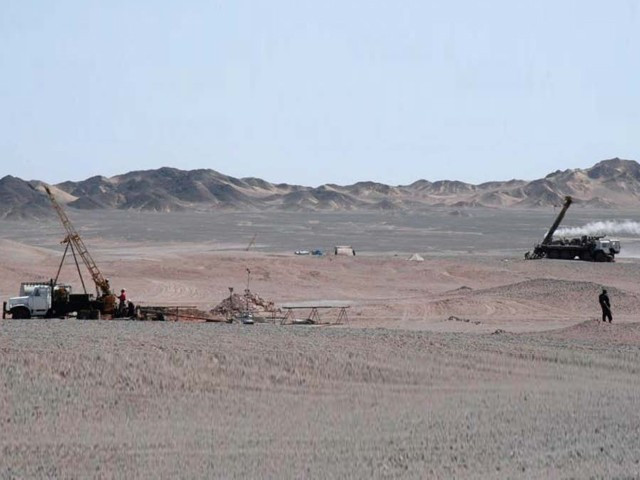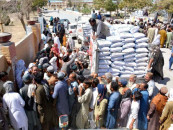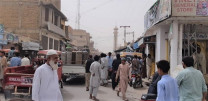Analysis: Reko Diq, contracting future dependence on foreign help
If the presence of REEs is verified, they must be taken into consideration when signing the mining contract.

But what has been essentially missing from the public discourse, and the reported Supreme Court hearings, is the case of associated minerals in the regions, specifically the rare earth elements (REE) that are becoming increasingly important globally due to their use in advanced defense and commercial production technology.
To dispel any knee-jerk reaction, REEs are not physically rare. A US Geological Survey publication calls REEs “a historical misnomer.” While the elements are abundant in the earth’s crust, they “have very little tendency to become concentrated in exploitable ore deposits. Therefore, most of the world’s supply of REE comes from only a handful of sources.” At present, China mines and refines 97 per cent of the global REE production, even though it has only 36 per cent of the world’s proven reserves.
Do we have exploitable concentrations of REEs in Reko Diq? The feasibility studies by the exploratory company Tethyan Copper Company Pakistan (Pvt) Limited (TCC) say it’s negligible. I wouldn’t discredit it outright but the inquisitive in me would like some more information.
How is negligible quantified by the TCC? Is it so little that we should stop bothering about them entirely? If not, have they been valued? What estimates has the company used for their valuation, like they have done for copper and gold? Will they also be exported unrefined or is there any effort to transfer refining technologies to Pakistan over the course of the contract?
Of course, the answers to these questions have to be verified by independent, secondary or multiple consultants, preferably from competitor mining companies. That would cost time and money so is it really worth the trouble?
I’d conjecture yes, because the REEs are becoming increasingly important for the production of green technologies. Not only is global demand for them expected to rise exponentially as the world switches to more sustainable energy production, if we have any aspiration of being a country that is able to power and provide for its own 180 million plus population sustainably, we will need REEs in the near future.
From generators for wind turbines to batteries for hybrid vehicles, REEs will be instrumental in the post-petrochemical world. Meanwhile, demand for rare-earth metals is likely to increase between 10 and 20 per cent each year, says a New York Times article from 2009, adding that China’s progressive curbs on their exports is pushing Western suppliers to look for alternative sources for REEs. It might therefore be worth making an investment in developing the capacity to mine and refine them ourselves.
Does this have any bearing on the Reko Diq case? It must, because if the presence of REEs is verified by an independent consultant, we need to take them into consideration when signing the mining contract, whichever firm it may be with. They cannot be dismissed as impurities in unrefined gold and copper.
And this brings us to the larger issue of why it is important to not simply export unrefined copper and gold for the next 56 years as proposed by the TCC. We need to build up the capacity to refine our own minerals, be it copper, gold or REEs. It will take time, no doubt, but technology is a great equaliser and leap-frogging is the promise that developed world has made to developing countries to make up for historical injustice.
Some may dismiss the entire REE argument as outlandish and populist. But it gives me enough reason to argue that transfer of refining technologies must be a component of the mining contract, especially if it is signed for a period as long as 60 years. Pakistan may be backward and in dire need of foreign expertise crutches at present, but that’s no reason to sign ourselves into being so in the future.
Published in The Express Tribune, January 17th, 2011.



















COMMENTS
Comments are moderated and generally will be posted if they are on-topic and not abusive.
For more information, please see our Comments FAQ